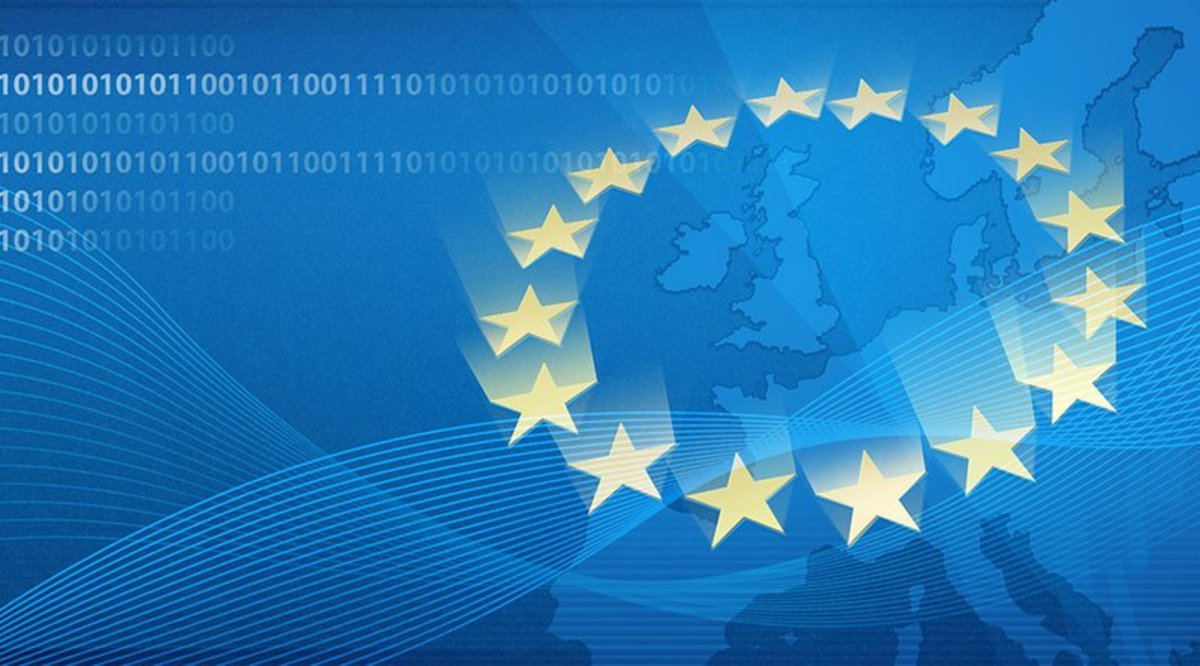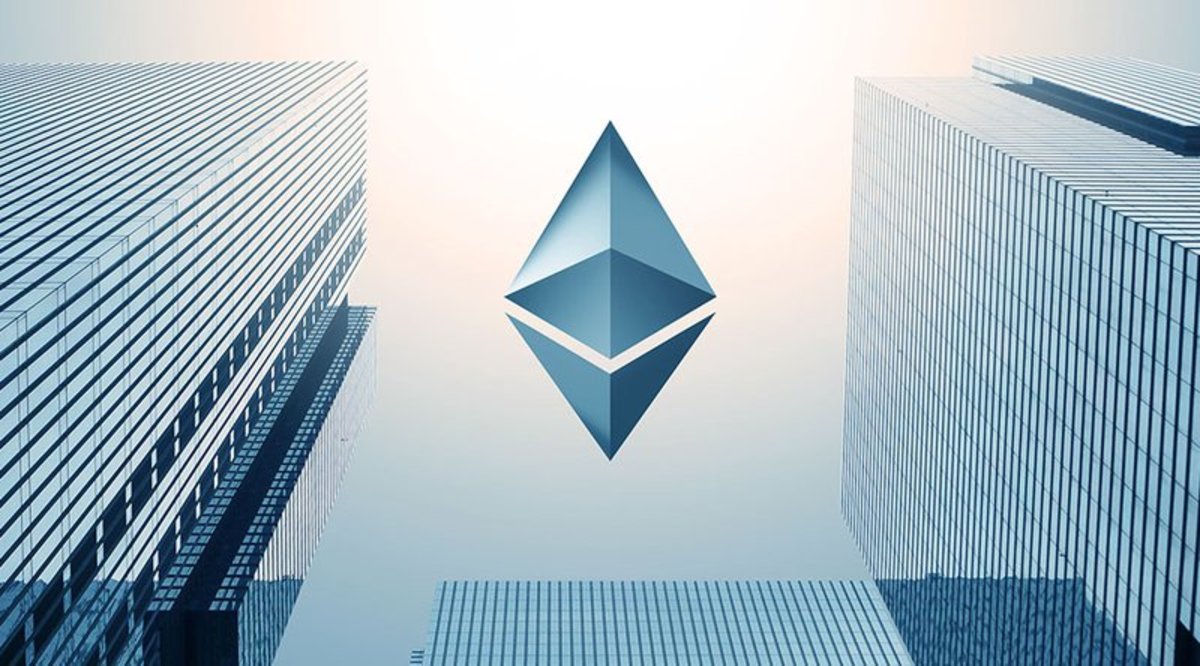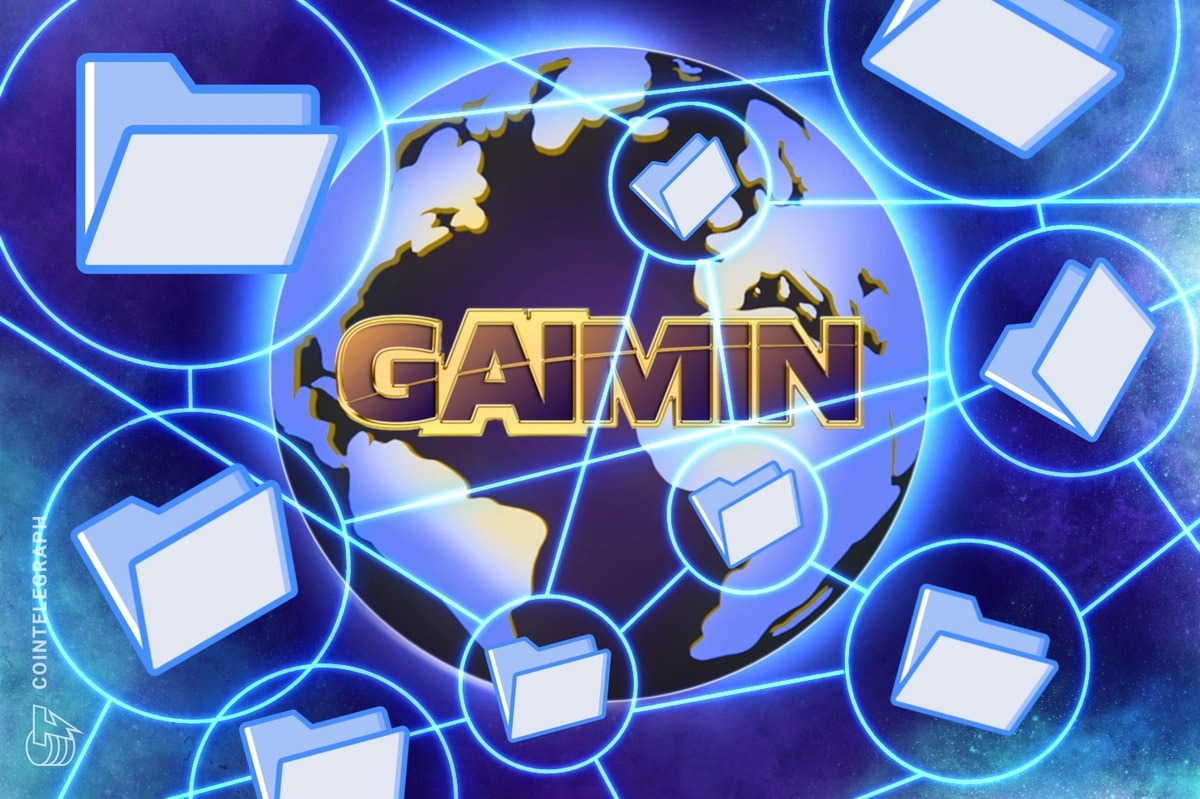
On April 10, 2018, 22 European countries joined forces to cooperate on blockchain regulation and education.
The European Blockchain Partnership “will be a vehicle for cooperation amongst Member States to exchange experience and expertise in technical and regulatory fields and prepare for the launch of EU-wide blockchain applications across the Digital Single Market for the benefit of the public and private sectors,” states the European Commission press release.
A complete list of the participating countries includes Austria, Belgium, Bulgaria, the Czech Republic, Estonia, Finland, France, Germany, Ireland, Latvia, Lithuania, Luxembourg, Malta, the Netherlands, Norway, Poland, Portugal, Slovakia, Slovenia, Spain, Sweden and the U.K. An invitation to join the partnership has been extended to “other countries, Members of the EU and of the European Economic Area.”
Spearheaded by the European Commission, the partnership wants to ensure that Europe stays at the forefront of blockchain development in the years to come. The press release gives a nod to blockchain technology for “promoting user trust,” and the partnership believes it will play a foundational role in a number of digital services in the future, including logistics, finance and regulatory reporting.
Partner states especially see the potential for blockchain technology to integrate with Europe’s Digital Single Market, a policy initiative that looks to unite Europe’s disparate online markets into one. Like the Digital Single Market, the partnership will try to avoid disjointed approaches to blockchain development among EU and European Economic Area members. It’s the partnership’s hope that cooperation will lead to smooth, cross-country interoperability with blockchain technology “in full compliance with EU laws and with clear governance models that will help services using blockchain [technology] flourish across Europe.”
The European Commissioner for Digital Economy and Society, Mariya Gabriel, sees the partnership as a progressive move that will affect the quality of Europe’s public and technological services for the better.
“In the future, all public services will use blockchain technology. Blockchain is a great opportunity for Europe and Member States to rethink their information systems, to promote user trust and the protection of personal data, to help create new business opportunities and to establish new areas of leadership, benefiting citizens, public services and companies. The Partnership launched today enables Member States to work together with the European Commission to turn the enormous potential of blockchain technology into better services for citizens.”









